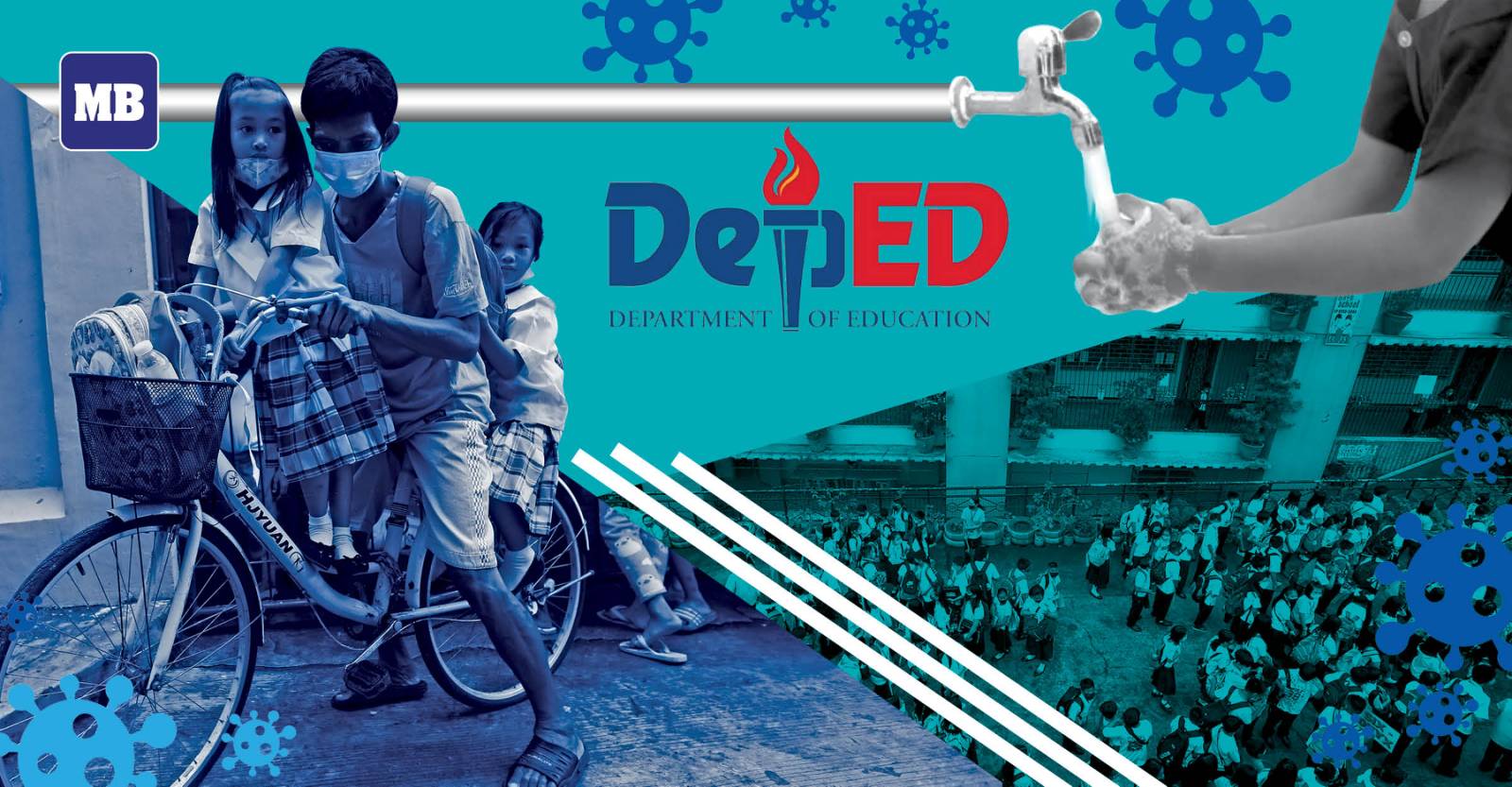DepEd: 124 dengue cases reported among students in 4 regions
Schools urged to monitor cases, ensure strict compliance with DOH's 5S strategy
The Department of Education (DepEd) reported 124 dengue cases among students across four regions, urging schools to closely monitor infections and enforce the Department of Health's (DOH) 5S strategy to prevent further spread.

In a statement issued on March 5, DepEd Secretary Sonny Angara reminded schools to strictly implement the DOH’s 5S strategy, as outlined in a recent DepEd memorandum.
This strategy includes searching and destroying mosquito breeding sites, practicing self-protection measures, seeking early consultation for symptoms, supporting fogging only in outbreak situations, and sustaining hydration.
DepEd also emphasized the importance of maintaining clean environments and implementing proactive measures to curb the spread of the mosquito-borne disease to safeguard students and staff.
Meanwhile, DepEd said it is closely monitoring a dengue outbreak affecting students and teachers across Luzon.
Citing official data, DepEd reported 124 dengue cases among learners from the National Capital Region (NCR), Central Luzon, Calabarzon, and the Cordillera Administrative Region (CAR).
DepEd is also urging schools to work closely with local government units (LGUs) and health agencies to monitor cases and enforce preventive measures.
“Schools and regional offices are expected to coordinate with health officials to ensure prompt responses to dengue cases among students and school personnel,” DepEd said.
Fight against dengue
DepEd said it is closely monitoring dengue cases in schools nationwide and called on educational institutions to strictly follow the DOH's 5S strategy for dengue prevention.
The 5S strategy is a public health campaign by the DOH to prevent dengue through the following steps: Search and destroy by finding and eliminating mosquito breeding sites; Self-protection by using mosquito repellents and wearing long-sleeved clothing to minimize exposure; Seek early consultation by promptly seeking medical attention if symptoms such as fever, headache, muscle pain, rash, stomach pain, or bleeding appear; Support fogging/spraying by conducting fogging or spraying only in areas with a high risk of dengue transmission; and Sustain hydration by drinking plenty of water to prevent dehydration.
According to the latest DOH data as of Feb. 28, dengue cases reported early this year are 64 percent higher compared to the same period in 2024.
From Jan. 26 to Feb. 8, the DOH recorded 14,460 dengue cases, slightly lower than the 15,550 cases reported from Jan. 15 to 25.
Between Jan. 1 and Feb. 22, 52,008 dengue cases were reported nationwide. Region IV-A had the highest number of cases at 10,759, followed by NCR with 9,302, and Region III with 8,652.
Recent DOH data also showed that 56 percent of dengue cases reported until Feb. 22 involved children aged 14 and below.
The DOH continues to encourage the public to wear long-sleeved clothing and pants, use insect repellents, sleep under mosquito nets, and avoid areas with heavy mosquito activity.
To strengthen its dengue prevention campaign, the DOH also launched the "Taob, Taktak, Tuyo, Takip" initiative as part of the "Alas Kwatro Kontra Mosquito" program, which promotes cleaning water containers and other areas where mosquitoes may breed.